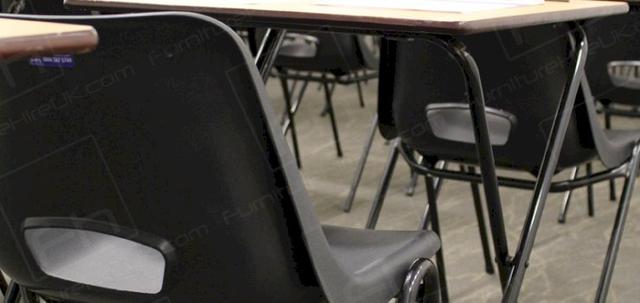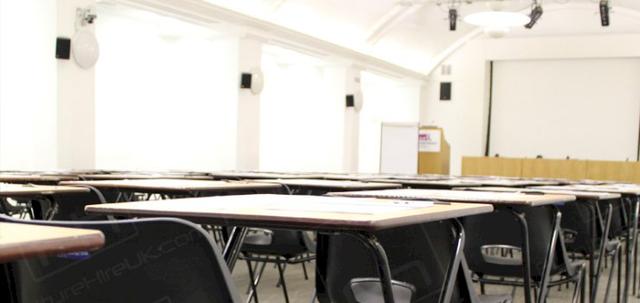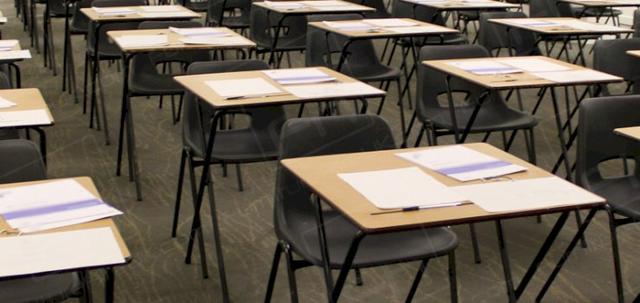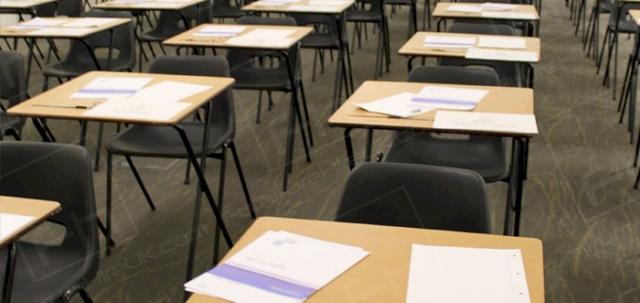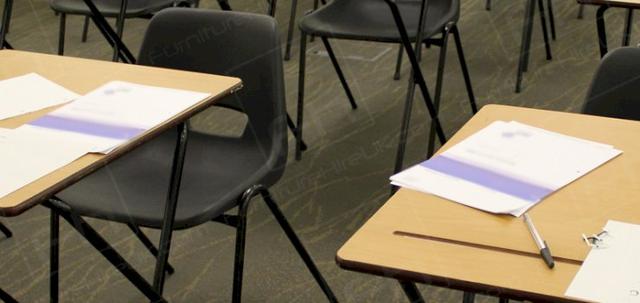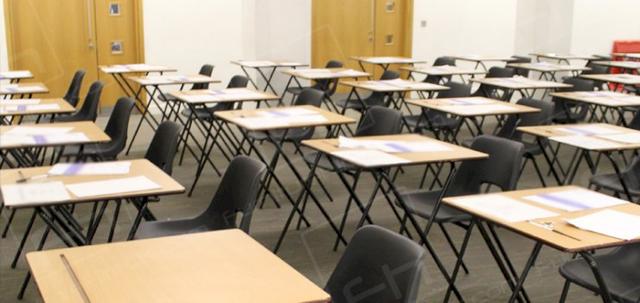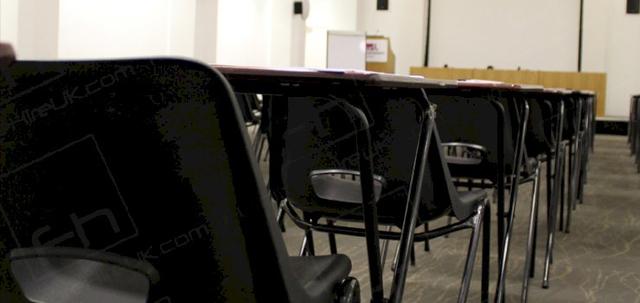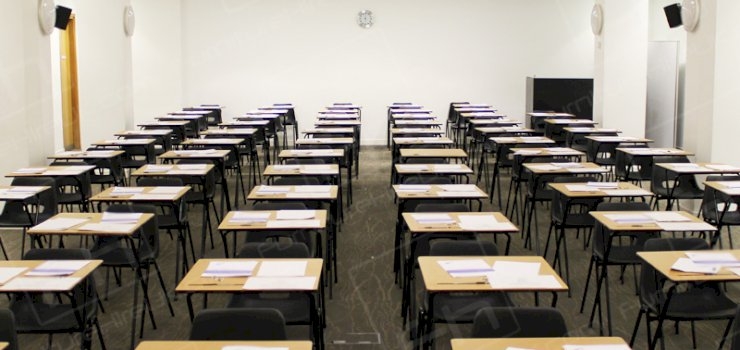
17
Feb
Four Ways To Excel In Exams
Administrator
Four Ways To Excel In Exams
Post by: Administrator17/02/2016
Many of us take part in exams and tests every year, and we decided to visit a site where mature students were taking assessments with the help of 100 of our folding exam desks and 100 black polyprop chairs.
Nerves are natural
Looking at nervous mature students psyching themselves near an exam hall featuring our folding exam desks and polyprop chairs, it’s clear to see that whatever age we are when we do these kinds of tests, we’re still likely to get nervous. This inspired us to put together a short guide, so you can really do your best during your assessments.
1. Embrace breaks
As we all know, studying takes stamina and hard work. It’s important to keep motivated in the lead up to exams, and take part in regular sessions where you learn about your chosen subject and get it fixed in your memory. In order to do this, you’ll need to keep yourself refreshed regularly, so when you sit down to study, make sure you’ve scheduled time to unwind. Pick an activity that frees up your mind for several minutes before hitting the books again - whether this is reading a magazine, catching up with friends on social networking sites or going for a quick walk.
Feed your brain
Anything that gives you a break in this way can help you be more productive. Even when you’ve left revision to the last minute, it’s still important to take a break. Remember to eat well and try not to indulge in sweet snacks that could sending blood sugars soaring only to crash again, making you feel tired and less alert.
2. Find your study style
It goes without saying that revision is absolutely crucial to doing well in assessments - but the way you revise could have a bearing on your results too. It’s a good idea to pick a study style that suits you and one that helps you foster your concentration. Some people prefer working in groups and bouncing ideas off each other, while others like peace and quiet, so they revise alone. Make sure you’re choosing times of day that work for you too - if you’re up bright and early then mornings will likely work best, while night owls might feel more able to focus in the late afternoon and evenings.
3. Practice can make perfect!
Trying to retain lots of information is a common hurdle for many students who are taking exams, as well as comprehending subjects. In order to really get to grips with the topics you’re covering, it’s a great idea to make past and practice papers a part of your revision. They might be in the form of questions and answers or essays, which can really help your understanding when you complete them. If you do choose to study with a group of friends, it boosts learning to discuss your potential answers and debate them too. This might improve memory, and adds a fun factor to study sessions.
4. Sit comfortably...
We know the importance of sitting comfortably, whether this is in an office, reception, bar, cafe or exam! Our range of seating varies, so our clients can order the perfect furniture hire for their needs, from natural fabric sofas, to operators chairs, stacking chairs - and our polyprop chairs. When you’re revising, or you’re a candidate in an exam, is crucial that the hire furniture fits your needs. Being comfortable can increase your productivity further and means you’re able to focus really well too.
...and concentrate
Our folding exam desks are designed specifically for this purpose and have slanted tops for comfort and a pen groove, to make writing comfortable and simple. They also fold in seconds and are very light - attributes our clients appreciate when it comes to installing these in venues.
Balancing your budget
The latter is very comfy and smart looking, great for those professional looking locations, while our polyprop chair is exceptionally affordable and has a contoured back and ventilation hole for comfort. On this occasion our client opted to rent our folding exam tables and our polyprop chairs, which is a great choice economically and offers that all-important comfort too!
